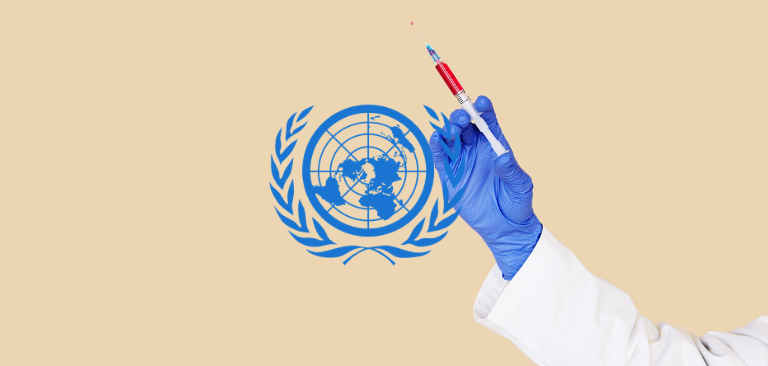If you don’t know how to fight coronavirus – then at least fight free speech on the internet. That seems to be the route the UN has chosen.
There are millions of people around the world left with little else do to than hang around and argue on social networks, as lockdowns are destroying their economies and putting their lives on what seems like an indefinite pause.
The organization whose approach to the crises (via its health agency, the WHO) has produced these lockdowns, the UN, has now devised a way to put some of those people to work – unpaid though it may be – as online volunteers. To make them feel important, the UN is calling them “digital first responders.”
In almost a perfect full circle, they will be going on social networks to fight “misinformation” the way the UN defines it and, in essence, help strengthen and entrench WHO’s policy among the global population.
Reports reveal that 10,000 people have been recruited to fight this fight, in nine languages.
UN Under Secretary-General Melissa Fleming has news for you. “Good communication is how we are going to overcome the virus,” she said.
“It is easier to spread misinformation because no direct contact with other people is necessary. You can multiply it by the thousands depending on how many followers you have, and in an environment of generalized fear, it is spreading like wildfire,” Fleming said.
The volunteers are expected to do their anti-misinformation work by “correcting” what is considered fake news by the UN, by using their own social media accounts and basically policing their contacts’ speech on these platforms.
The UN is funded by its member-states and appears to have decided to set aside $471 million, plus grants from unspecified sources, towards funding the “Verified” campaign, originally launched in May and expanded now.
Some examples of speech volunteers will be countering online is the notion that “drinking alcohol or eating garlic can prevent transmission of coronavirus.”
But it won’t be all about “the War on Garlic”: they will also tackle opposition to the (currently non-existent) vaccine, and theories about the harm (to human health – not data privacy) of 5G networks.
The fight against COVID-19 misinformation will be “long-term, without a clear end in sight,” according to Fleming.













